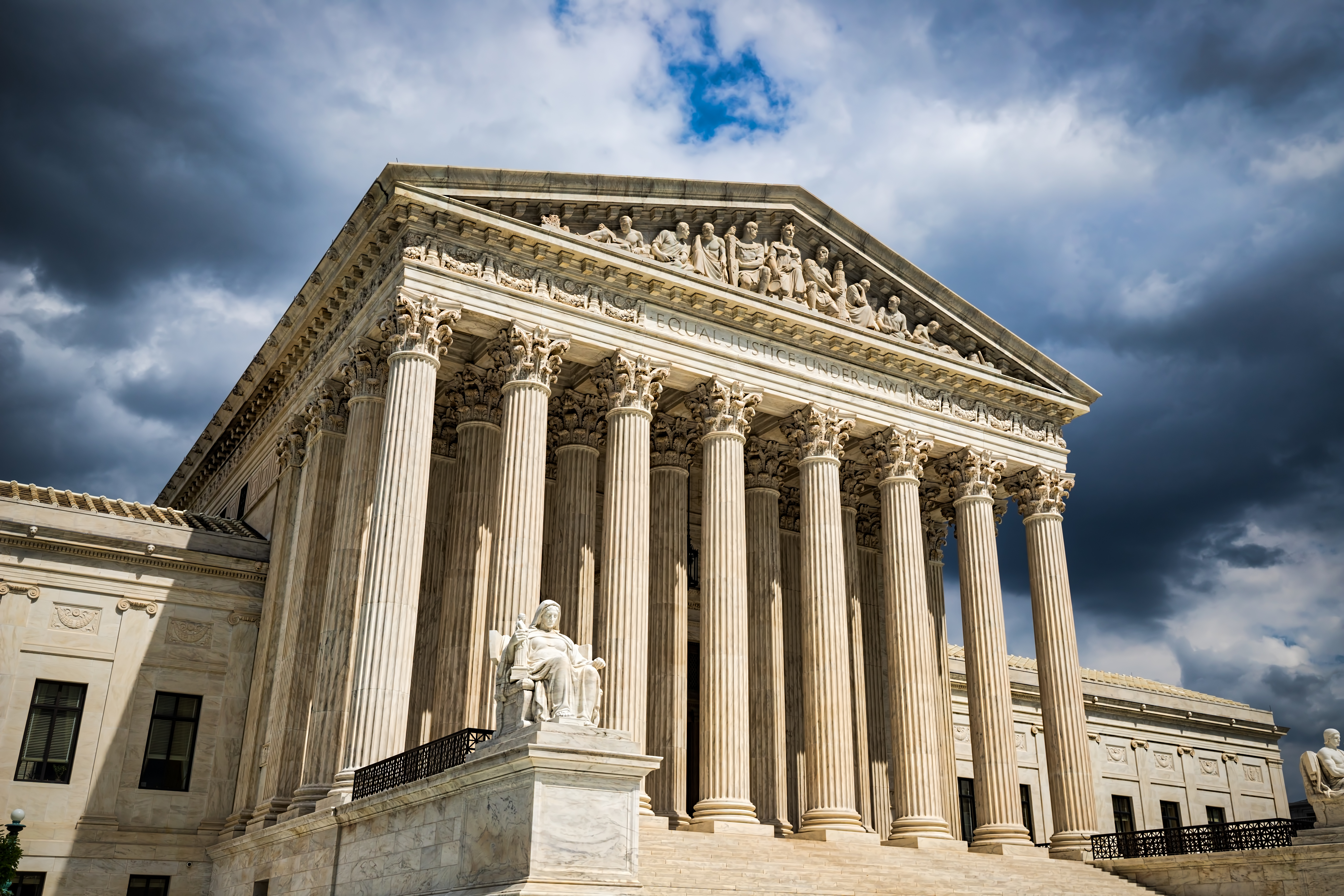ABC members and chapters headed to Washington, D.C., for ABC’s 2023 Legislative Week, June 13-14, meeting with leaders on Capitol Hill to advocate for fair and open competition and fighting against project labor agreement mandates and burdensome regulations. Highlights of the fly-in included keynotes from Sen. Katie Boyd Britt, R-Ala., Rep. John James, R-Mich., and Cook Political Report’s Amy Walter.

Rep. John James, R-Mich.., speaks with ABC members during the 2023 Legislative Conference.
Attendees also received briefings on the current political landscape, the 2024 election cycle and ABC’s political advocacy efforts, in addition to rallying around the principles of the merit shop at the Free Enterprise Alliance reception.
The annual event kicked off with a variety of committee meetings on topics ranging from workforce development to construction technology and innovation. ABC members gathered to network with their regional colleagues and share successes and insights into the current climate in the construction industry. Breakout sessions provided opportunities to learn and chat about specialized topics surrounding safety, growth and current ABC-championed legislation.
Throughout the week, ABC members and chapters met with hundreds of their elected representatives and U.S. agency officials and advocated for the merit shop.
Don’t miss briefings on legal and regulatory developments for merit shop contractors and attorneys on Thursday, June 22, at the ABC Virtual Legal Conference. Learn more about this event at legalconference.abc.org.
Powered by WPeMatico





